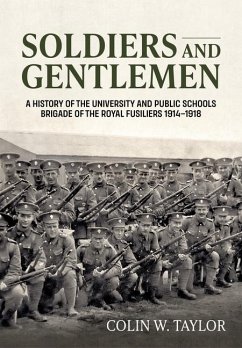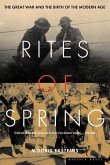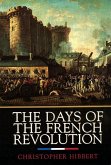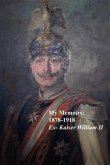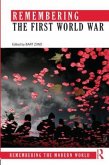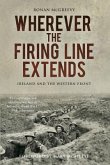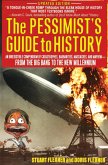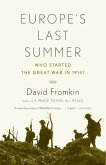Soldiers and Gentlemen recounts the Great War history of four unusual infantry units: (the 18th, 19th, 20th and 21st (Service) Battalions of the Royal Fusiliers. They were recruited from former university students and public school boys who chose to serve as 'gentleman rankers' rather than as officers. These units were criticized as 'Chocolate Soldiers' or 'rotten men'. Soldiers and Gentlemen will re-examine their reputation and effectiveness. The recruiting and training of the four 'Service' battalions of the University and Public Schools Brigade commenced in September 1914. Special permission was sought from Lord Kitchener; his brief reply was, 'Go ahead, and if you can raise 10,000 men I shall be all the better pleased.' Training commenced at Epsom and Leatherhead before the unit was moved to Clipstone (Nottinghamshire) and Tidworth (Wiltshire) for collective and pre-deployment training. Many members left to pursue commissions elsewhere in Kitchener's Army throughout this time. After many delays, the units deployed overseas and served in 'quiet' sectors at Givenchy and Cambrin over the winter of 1915-1916. In early 1916, three of the battalions were disbanded, with large numbers of their men being sent home for officer training. Only the 20th Battalion Royal Fusiliers, recruited in Manchester, remained in the line; it served during the Battle of the Somme and was decimated at High Wood on 20 July 1916. The battalion then operated at Arras, Nieupoort and Ypres before being disbanded in early 1918. Members of the Brigade also served either as soldiers or officers on almost every front and with nearly every British Army formation. However, these battalions (especially the 20th Battalion) have a poor reputation based on post-war criticism by soldiers like Robert Graves, Dr James Dunn, and Frank Richards, from within their parent unit, the 33rd Division. Soldiers and Gentlemen provides a more balanced and objective picture. Though not elite battalions, the UPS units were able to 'stick it' when placed under pressure and fought hard on several occasions despite the biased views of their critics. The effectiveness of these battalions in giving future officer candidates considerable trench experience and training cannot be underplayed. Soldiers and Gentlemen covers the formation and training of the UPS Brigade (1914-1915), the history of all four UPS service battalions in France over the Winter of 1915-1916, a battalion history of 20th Battalion Royal Fusiliers until disbandment in early 1918, and the service of members of the UPS (both commissioned and enlisted) while with other units. Though the formation of the Brigade was covered in a contemporary published history, the primary accounts and additional archive documents available can now augment that narrative. Soldiers and Gentlemen tells this story using over 30 different first-hand sources, both published and unpublished. These provide a unique insight into the lives and deaths of the men of these battalions, details of their training, routine lifestyle, and combat experiences. The motivations and perspectives of 'gentleman rankers' and their transition into becoming commissioned officers are also examined.

